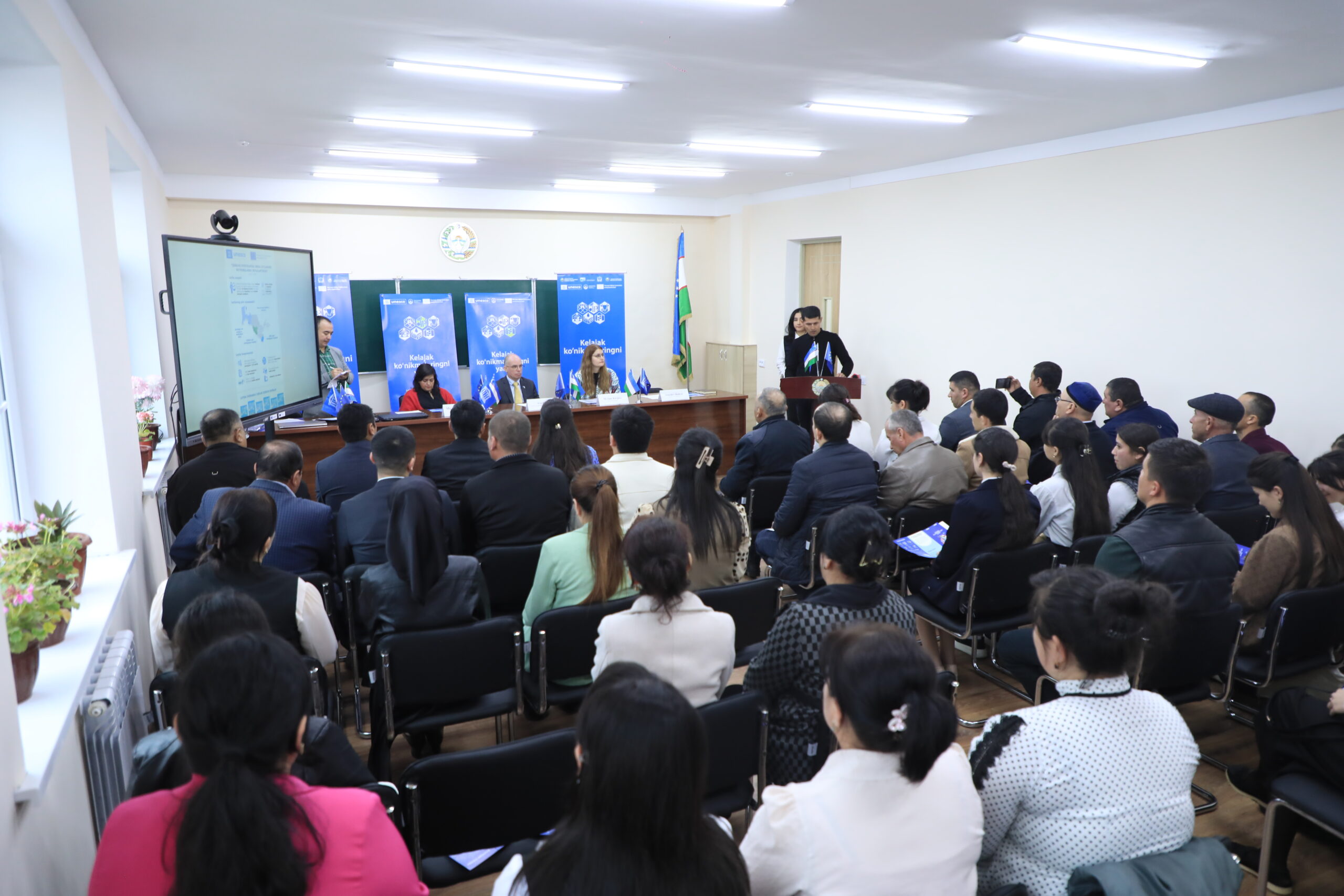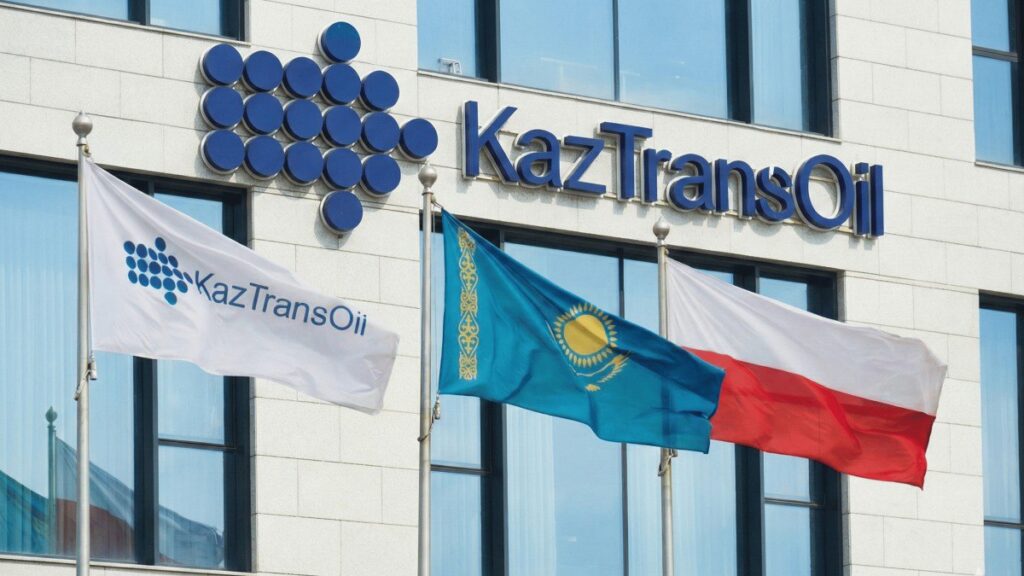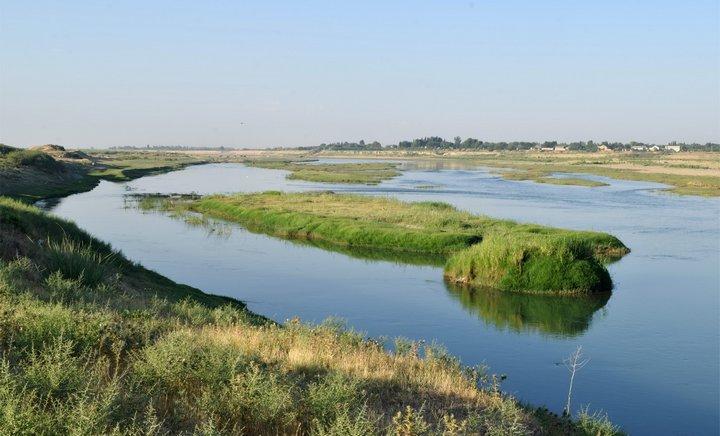The European Union (EU) Delegation in Uzbekistan has provided financial assistance to modernize the Koshkopyr College of Water Management and Land Reclamation, located in the Khorezm province. The college was renovated within the framework of a project called Development of Employment Skills in Uzbekistan’s Rural Areas. As part of the renovation, workshops, classrooms and laboratories have been updated, with wiring and lighting replaced.
The renovation of the college started in April 2022 with an allocated budget of more than €1 million, said Dildora Tangriberganova, deputy rector for education and training. “All workshops and training laboratories of the college were modernized and updated. We received 16 new computers and all the furniture necessary for classrooms. We expect to receive equipment for laboratories and workshops soon,” Tangriberganova told the Times of Central Asia.
The Koshkopir College of Water Resources and Land Reclamation, established in 1989, trains specialists in such areas as hydromelioration (hydrological engineering), vehicle maintenance, animal husbandry, automation and computer science in water management, and other specialties. Currently the college has 221 students. The administration of the educational institution noted that the updated material and technical base will prove helpful for students in mastering their future professions.
The joint EU-Uzbekistan rural-development program has been in effect since July 2020. Its goal is to improve education in the agricultural and irrigation spheres. The total budget of the four-year project is €9.6 million.
The water crisis remains an acute problem in Central Asian countries, including Uzbekistan, as the landlocked region has no direct access to the world’s oceans. Experts believe that in 2030, the volume of freshwater shortage in Uzbekistan will reach 7 billion cubic meters – and by 2050 it will double, according to a report by Gazeta.uz.
Farmers consume the most water in the country. At the same time, 40% of water is wasted due to outdated municipal infrastructure. Experts emphasize that in the future, water scarcity will lead to higher prices for food products and increase the risk of diseases spreading.









